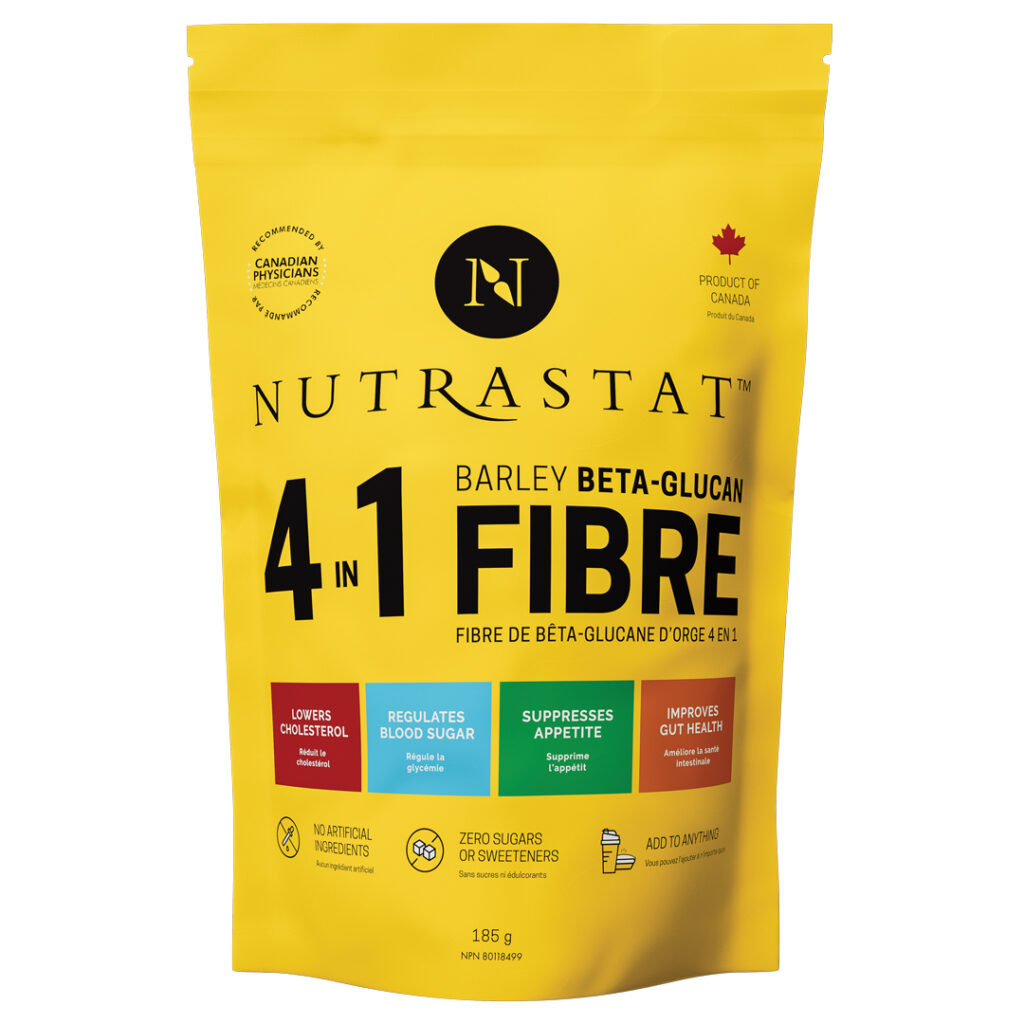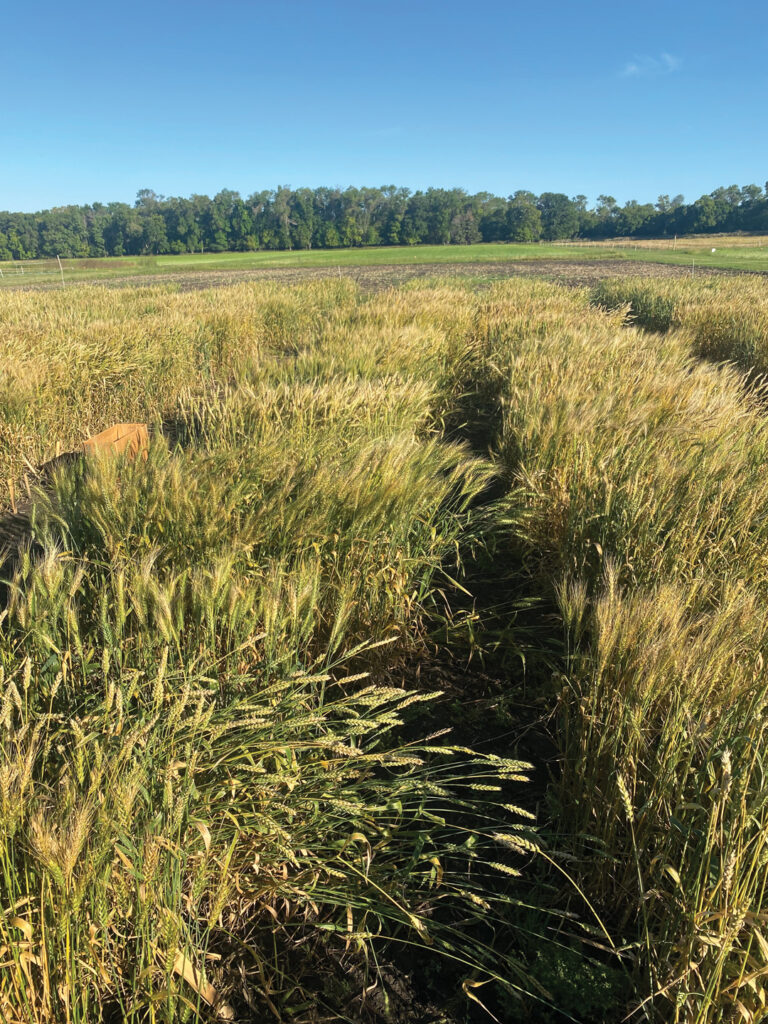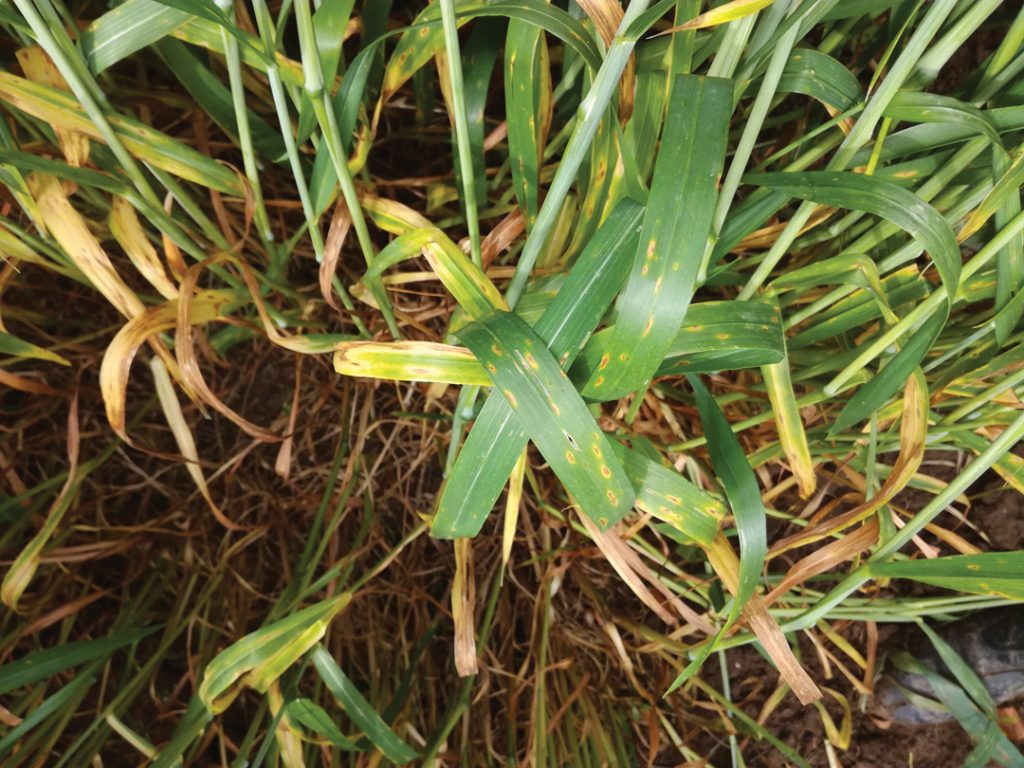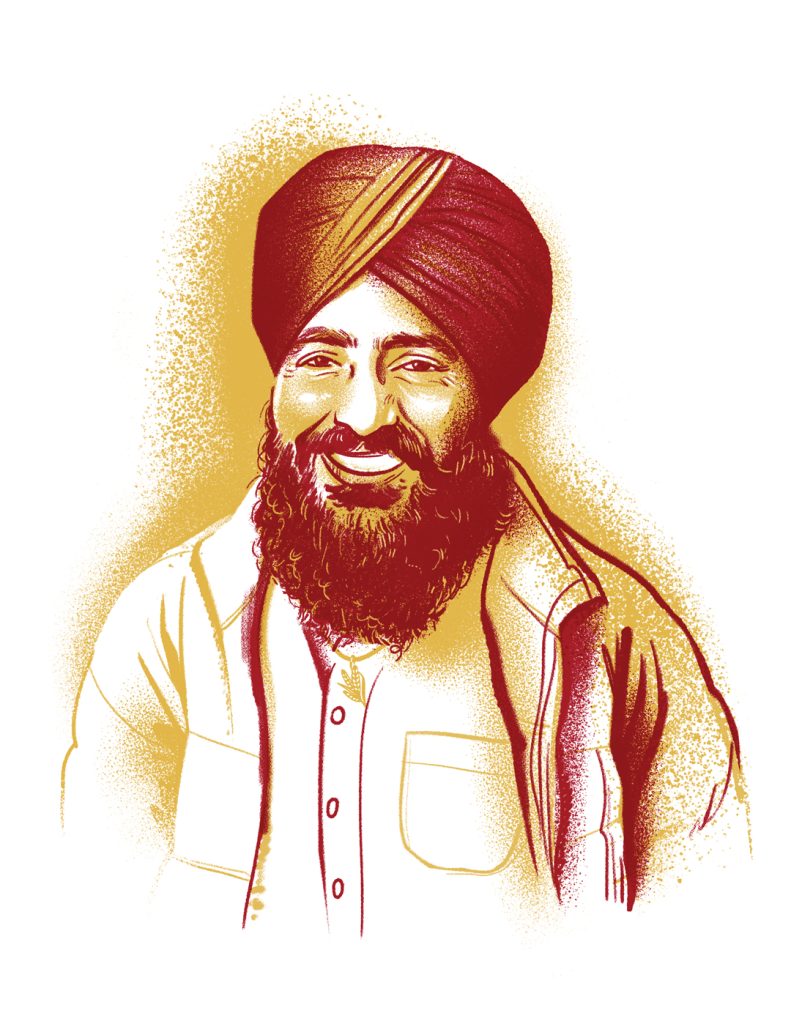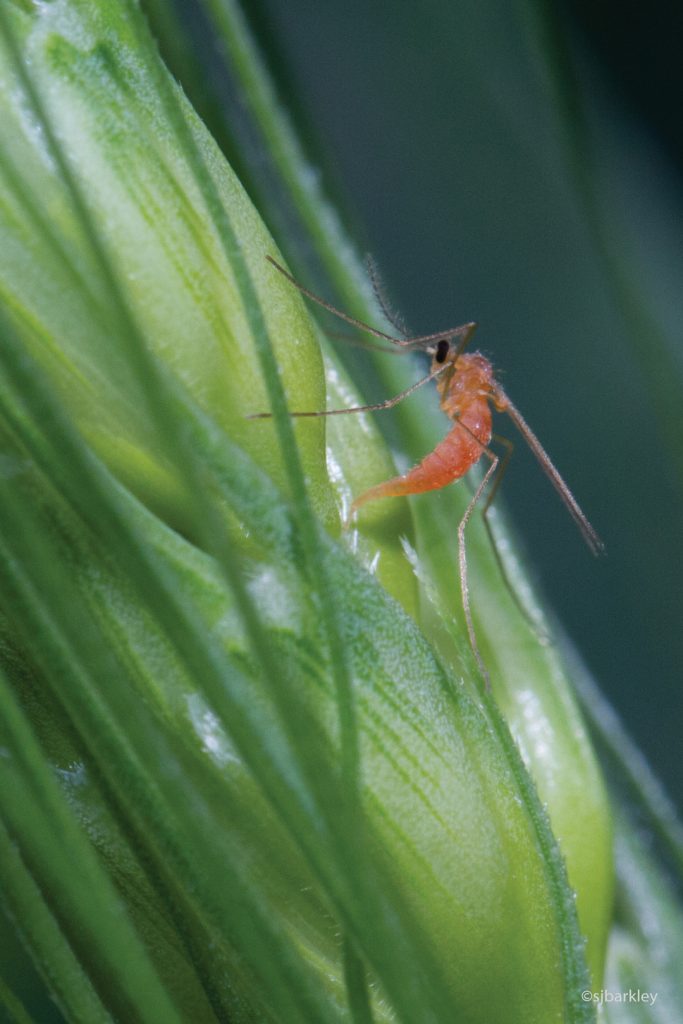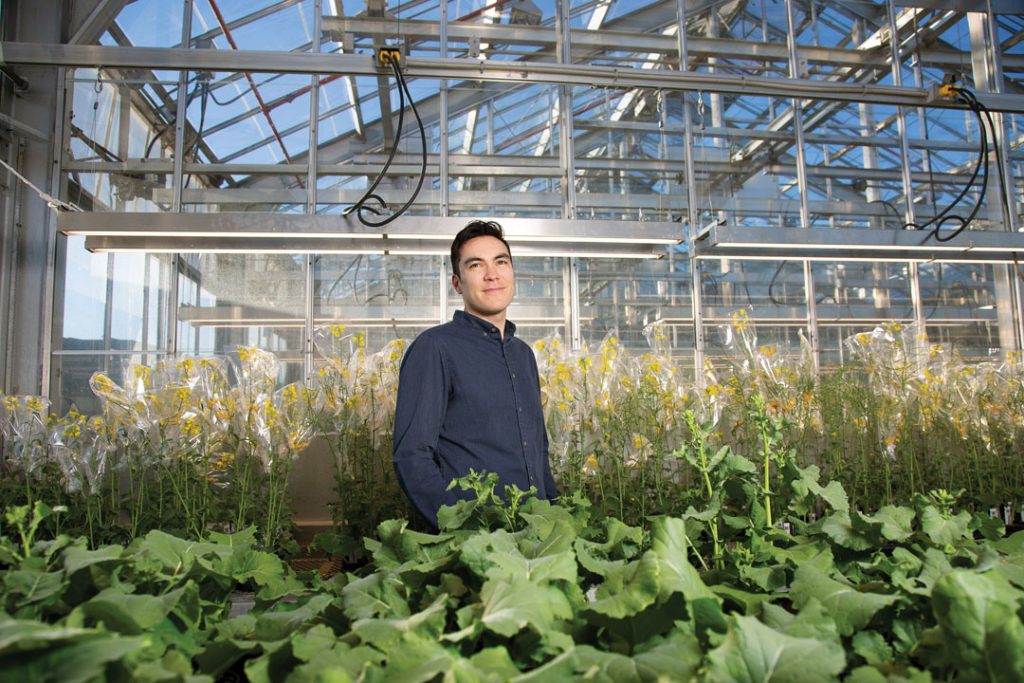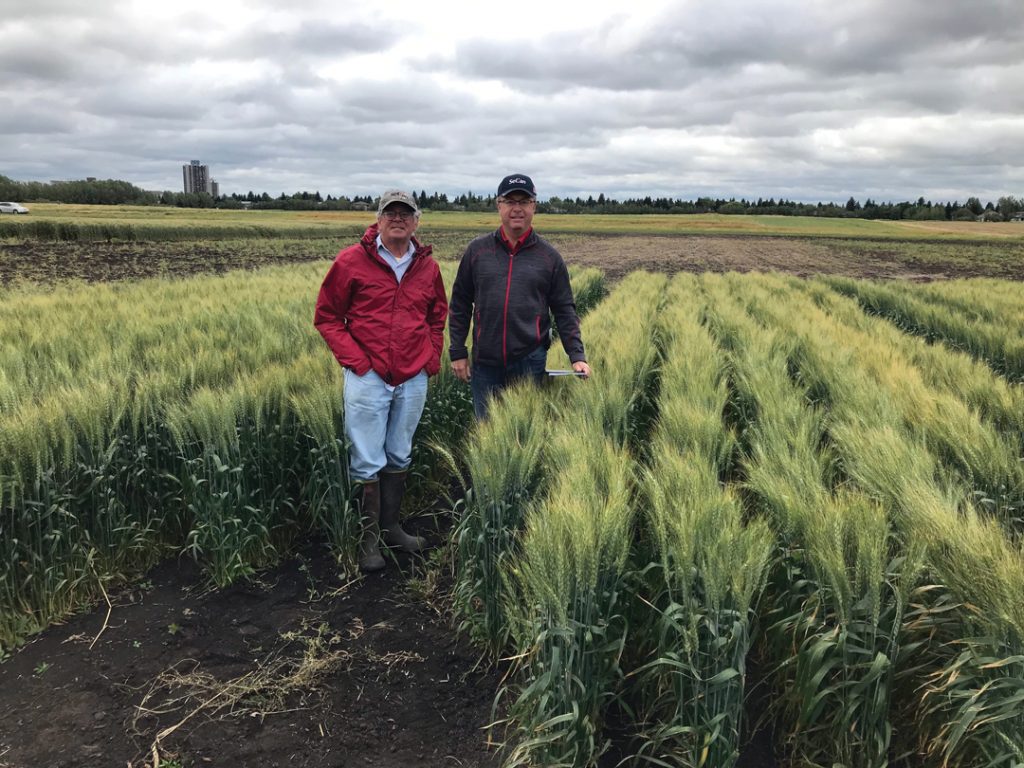BARLEY-BASED SUPPLEMENT A HIT
A made in Alberta, barley-based nutritional supplement, NutraStat is manufactured by Camrose-based Sunny Boy Foods, known for its namesake hot cereal, flours and pancake mixes. NutraStat’s star ingredient is the soluble fibre beta-glucan, which has been proven to reduce LDL cholesterol, stabilize blood sugar, improve gut health and assist weight loss by increasing satiety.




